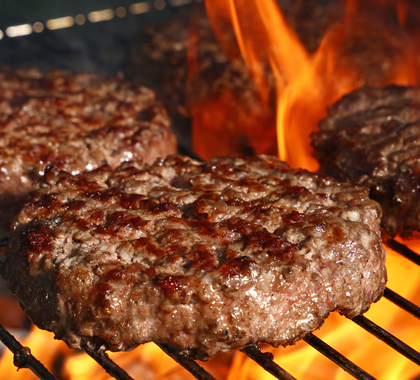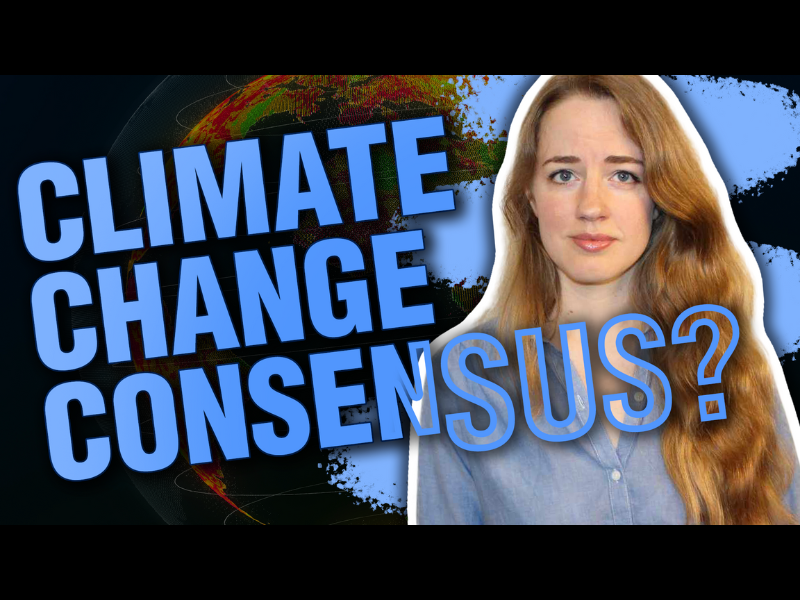Participants at the United Nations’ COP25 climate conference in Madrid in December hypocritically formed long lines to buy Burger King flame-broiled hamburgers, all while the U.N. climate establishment lectures down to the rest of us about eating less meat — and particularly beef — to stop climate change.
The U.N. publication “Livestock’s Long Shadow” claims, “Livestock’s contribution to environmental problems is on a massive scale and its potential contribution to their solution is equally large. The impact is so significant that it needs to be addressed with urgency.” The publication further notes, “At virtually every step of the livestock production process substances contributing to climate change or air pollution are emitted into the atmosphere, or their sequestration in other reservoirs is hampered.”
The United Nations also asserts, “Cattle-rearing generates more global-warming greenhouse gases, as measured in (carbon dioxide) equivalent, than transportation.
In an August 2019 Nature article titled “Eat less meat: UN climate-change report calls for change to human diet,” Hans-Otto Portner, co-chair of the U.N. Intergovernmental Panel on Climate Change working group on impacts, adaptation and vulnerability, said, “It would indeed be beneficial, for both climate and human health, if people in many rich countries consumed less meat, and if politics would create appropriate incentives to that effect.”
“It’s really exciting that the IPCC is getting such a strong message across,” Ruth Richardson, executive director at the Global Alliance for the Future of Food, told Nature. “We need a radical transformation, not incremental shifts, towards a global land-use and food system that serves our climate needs.”
It may be exciting to some people that the United Nations is presenting such a strong message. It may be less exciting that U.N. climate conference participants form long lines to buy flame-broiled burgers when they think nobody is watching.
Indeed, Burger King easily had longer lines than any other food provider at the COP25 food court each time I checked in to see how they were doing.
The U.N. hamburger hypocrisy comes as climate activists call on the United Nations to impose a “peak meat” deadline, taking effect no later than 2030, after which global livestock production and dietary meat consumption must begin a perpetual decline.
If global warming is truly an existential threat, the most dangerous threat of our lifetime, and caused largely by meat (and especially beef) consumption, then why do U.N. climate conference participants line up in droves to purchase Burger King hamburgers at their climate conference?
The answer is, they are hypocrites. If they were actually serious about their claim that manmade climate change will lead to human extinction if we don’t aggressively act now, they would be eating less beef and doing more conference calls instead of using petroleum-fueled jet planes by the tens of thousands to get to Madrid.’
[Originally Published at The Miami Herald]





